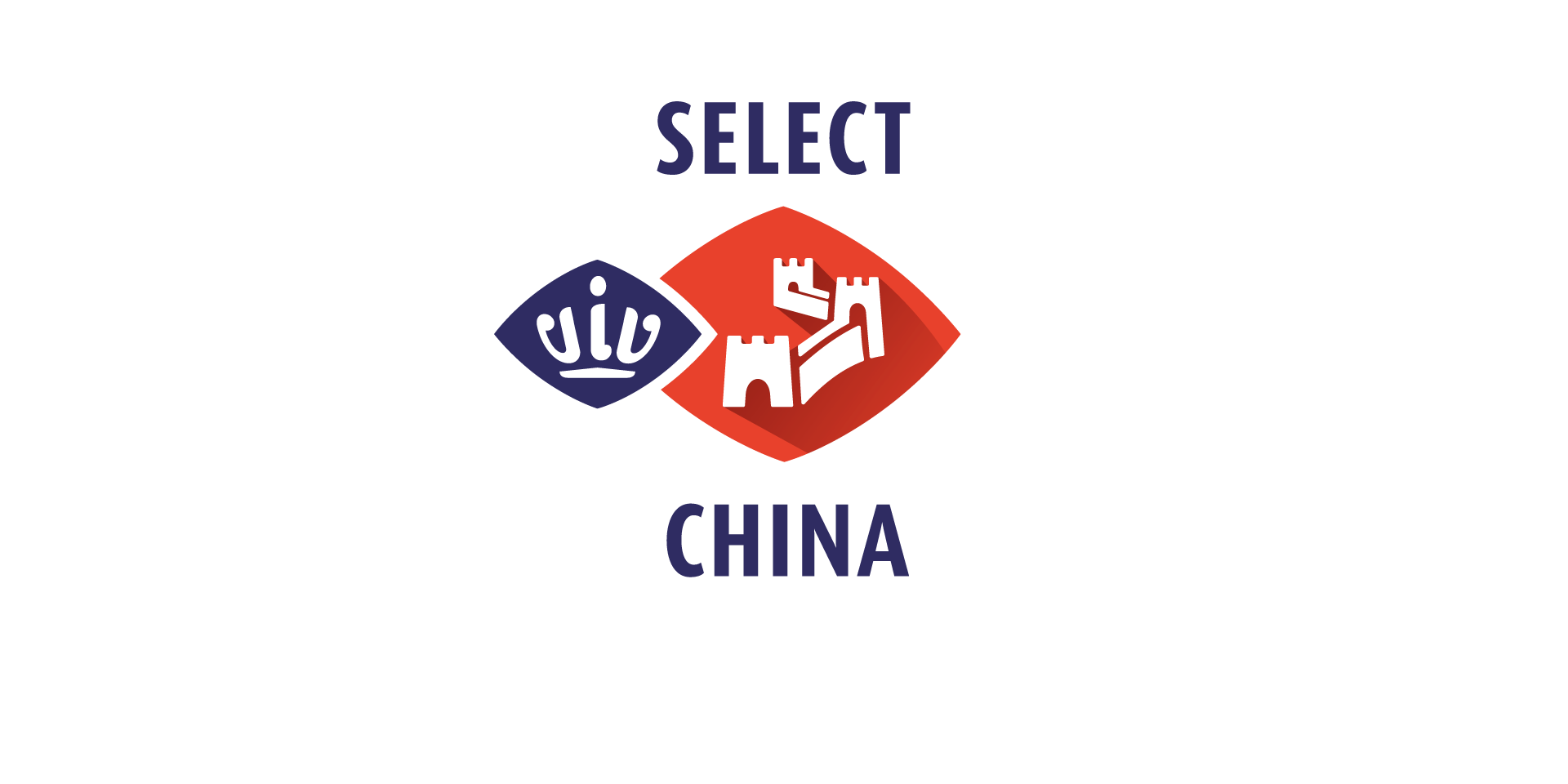The voices of China’s Animal Husbandry Industry
With the effective control of the COVID-19 outbreak in China, China’s animal husbandry industry is essentially back to work and production. In these exceptional times, VIV QINGDAO interviewed some well-known domestic animal husbandry companies about various perspectives, such as business development, trade strategy, industry growth and problem solving experiences in this epidemic. Let’s take a look at what the Chinese animal husbandry leaders share with their overseas industry colleagues.
Company: Hebei Kexing Pharmaceutical Co., Ltd.
Interviewee: Kenneth Yang
Position: General Manager
What do you think of the new challenges for the animal husbandry from the beginning of the COVID-19 epidemic to the present stage? In what way will it influence the strategies in China and overseas market?

The coronavirus had a significant impact on the supply chain in the domestic market, it caused the raw material prices to go up a lot, and the market prices changed dramatically. For the small companies which don’t have enough cash or marketshare it will be hard to survive. The coronavirus will accelerate industrial consolidation. Meanwhile, the government may control the live poultry market and that will change the cultural pattern on poultry in the future.
In the face of the Covid-19 epidemic, the animal husbandry industry shows new vitality. What do you think of the future developments and changes? Which trends will be more obvious?
All the companies are investing in online marketing during the coronavirus, this will be the future trend.
At present, China’s animal husbandry has basically returned to work and production, what valuable experiences can you share with domestic and foreign counterparts?
The government published a lot of guidelines on how to return to the work. The key point is strictly follow the guidelines, don’t panic, strict isolation and records for employees.
Under the current situation, many agricultural and animal husbandry enterprises are actively attracting talent to support the resumption of production. Do you have any new deployment in the talent strategy? What kind of talents are urgently needed?
We will further strengthen investment in R&D, and recruit more high-level researchers.
After the global pandemic eases, mainly in the second half of this year, will the market demand for products and technologies increase substantially?
The products and technologies which can boost recovery of production will be in higher demand.

